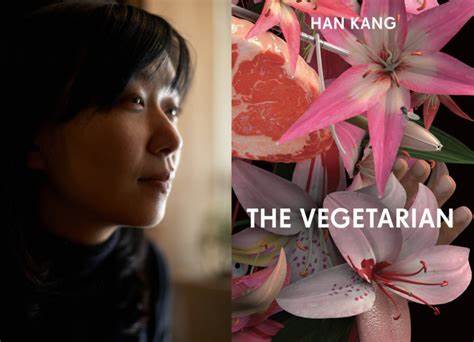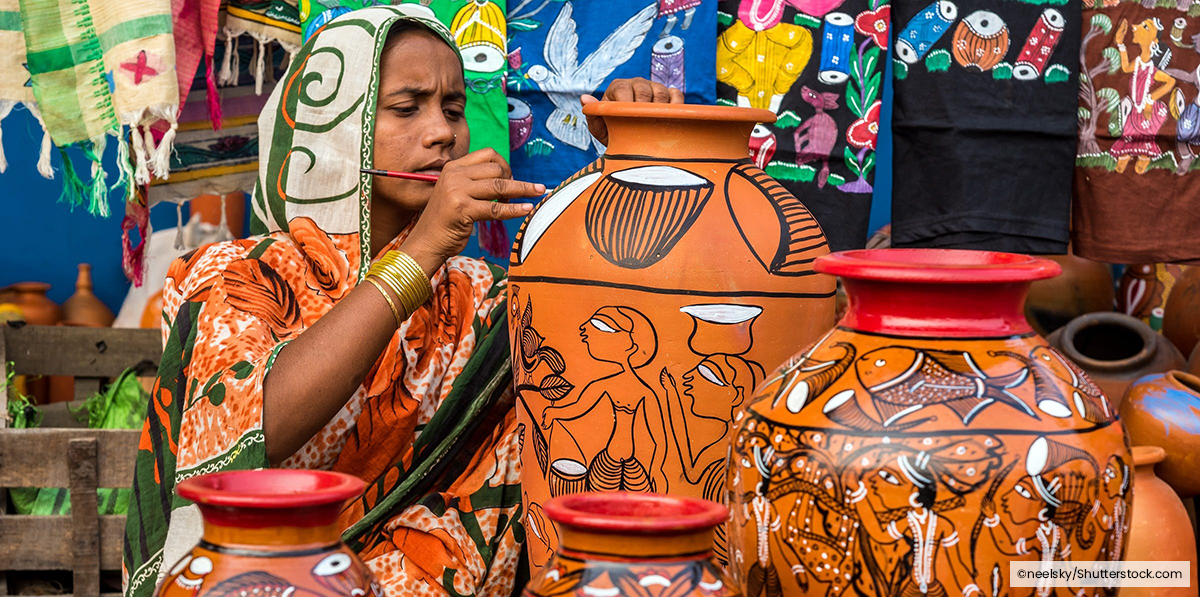Han Kang’s writing, emotionally charged, philosophically deep, and artistically brilliant, will leave the literary world captivated. Born in 1970 in Gwangju, South Korea, the writer works through the subjects of violence, human nature, and the boundaries between life and death as ephemeral. Best known internationally for her acclaimed novel The Vegetarian, Han Kang works with themes that ignite the thoughts and feelings of readers fairly frequently through imagery and raw emotion. In this blog post, we will go through the life of Han Kang, her literary journey, and the impact she has created across the globe.
Early life and influence
Born into a family of writers, she is the daughter of South Korea’s famous novelist, Han Seung-won. She undoubtedly shares her career life with artists, given the context of her upbringing. However, her entry into the world of literature was not without significant challenges.
Han Kang initially majored in Korean literature at one of South Korea’s prestigious universities, Yonsei University. She was able to become authentic while under the university system by focusing her work on body themes, traumas, and existential issues. Her earlier books were very popular in South Korea, but The Vegetarian is what brought her international recognition.
The vegetarian: a literary masterpiece
The Vegetarian, perhaps the most celebrated of Han Kang’s works, launched her onto an international stage after she won the Man Booker International Prize in 2016. Three sections make up the book, which begins with the story of Yeong-hye, a woman who, following a series of disturbing dreams, ultimately decides to give up meat. This seemingly mundane choice triggers a process that reverberates profoundly in her relations with her family and the way she perceives life.
At its core, The Vegetarian explores the idea of rebellion through non-conformation. Yeong-hye’s decision to stop eating meat is her own way of resisting societal norms, but she also represents a desire to free herself from the violence that infuses her life. Han Kang occasionally employs disturbing imagery to depict the mental and physical transformations Yeong-hye undergoes as a result of her decision.
One of the most striking facets of the novel itself concerns its use of the human body as a site of beauty and horror. In its own journey through Yeong-hye, the novel delves into how society controls and punishes a female body through violent consequences. The prose of the novel is hauntingly beautiful in poetics, capturing life’s fragility and the intricate facets of human emotion.
Traumatic and violent themes
The theme of trauma and violence has been Han Kang’s constant companion as she contemplated her work. The novel The Vegetarian reveals trauma and violence through society’s reception of Yeong-hye, as well as her family’s treatment based on her choices. Most of these themes could have found their way into Han Kang’s personal life. Han Kang was born in Gwangju, a city that experienced the severe Gwangju Uprising in 1980, during which the military killed hundreds of civilians. Even though Han Kang was still a child at the time, this incident inspired her to consider the relevance of violence and trauma in her works.
Another powerful exploration of Han Kang’s themes can be found in her 2014 publication, Human Acts. In Human Acts, set against the backdrop of the Gwangju Uprising, Han Kang tells the story of a young boy killed in the massacre and observes the ripples of his death along the lines of other lives. Written as sweeping and brutal as the event itself, Kang doesn’t shy away from her confrontation with the cruel political event but thrusts it forward, forcing readers to reckon with the heavy costs and wounds it exacts.
Literary style and philosophy
Han Kang’s writing style is profoundly reflective and brimming with philosophy. She usually unravels existential questions on the themes of life and death and what it all means in the being human genre. Her prose is almost lean but intensely emotion-packed, to the point that every sentence packs a weight of meaning that would incite readers to pause and ponder.
Her works are also characterized by their poetic qualities. She has described her writing process as finding the right rhythm and melody in the words she uses. This musicality is present in her prose, which flows with a dream-like quality mirroring the themes of her stories.
Through surreal, often disturbing imagery, The Vegetarian increases the dream-like quality of the novel as it continues to blur reality and imagination. This is a common characteristic of her works: the boundaries between the physical and metaphysical worlds are often fluid.
International Acclaim
Han Kang’s works have been pleasing readers around the world since the translation of The Vegetarian in English by Deborah Smith. The unprecedented global success of her work prompted her to translate other works of fiction, including Human Acts and The White Book.
Success of the book The Vegetarian largely depends upon not only its engaging story but also its universality. Discussing the human body, societal pressures, and the need for autonomy makes the novel a tale widely applicable to readers in other cultures. Her ability to touch a universal experience has made her a significant figure in modern literature.
In addition to winning the Man Booker International Prize, Han Kang also received numerous other prizes in South Korea. Some of them include the Yi Sang Literary Prize and the Korean Novel Prize. More than 20 languages worldwide have translated her books, establishing her as a global literary legend.
Artistic Legacy of Han Kang
Han Kang’s writing is an immersive experience, narrating stories about complex themes like trauma, violence, and existentialism. Her work not only narrates stories, but also explores the philosophy of human existence through her vivid prose descriptions. Through her compelling characters, Han Kang inspires readers to go beyond the mundane and delve deeply into life’s profound questions.
As time progresses, Han Kang’s continued writing and publication will enhance her contribution to the field of literature. Whether it’s the poetic style of her writing, the way she navigates difficult themes, or the way she blurs the lines between reality and imagination, Han Kang’s works offer profound insights for any reader.
Conclusion
Another riveting author who leaves lasting impressions, Han Kang explores themes of trauma, violence, and the human body against societal norms, forcing her readers to face bitter realities. From Han Kang’s early life in Gwangju to winning the Man Booker International Prize, this is an unparalleled literary journey that distinguishes itself through bright arts and philosophical depth.




